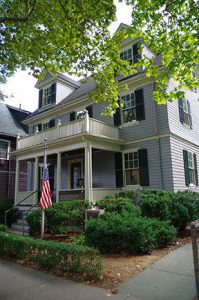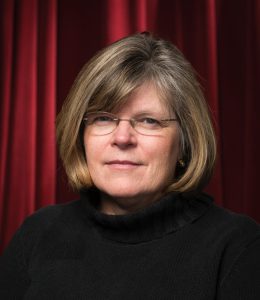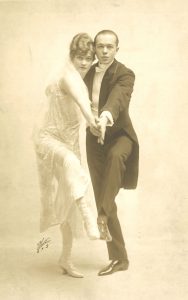
One hundred years ago today, on 29 May 1917, Rose Kennedy gave birth to the future president of the United States, John Fitzgerald Kennedy, in a charming three-story Colonial on a lovely street in Brookline, Massachusetts. That same house was restored at the personal direction of Rose Kennedy, and today it evokes the happy memories of a busy young mother raising an ever-growing family. While unimaginable tragedies strike in the years to follow, life was good for the Kennedys of Beals Street in 1917. Continue reading JFK’s birthplace






